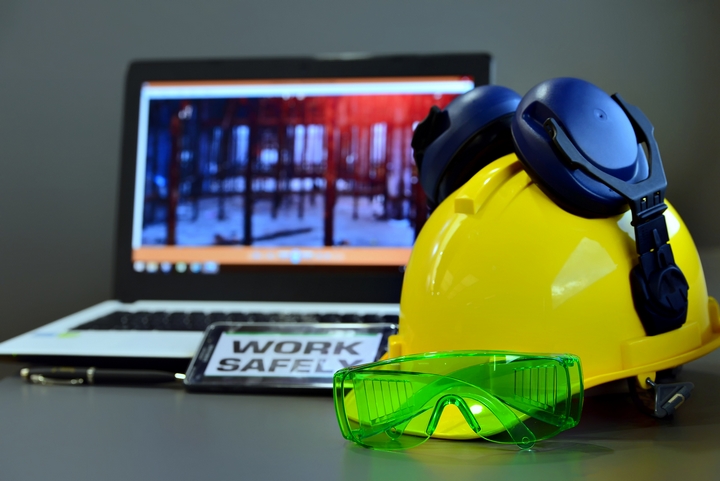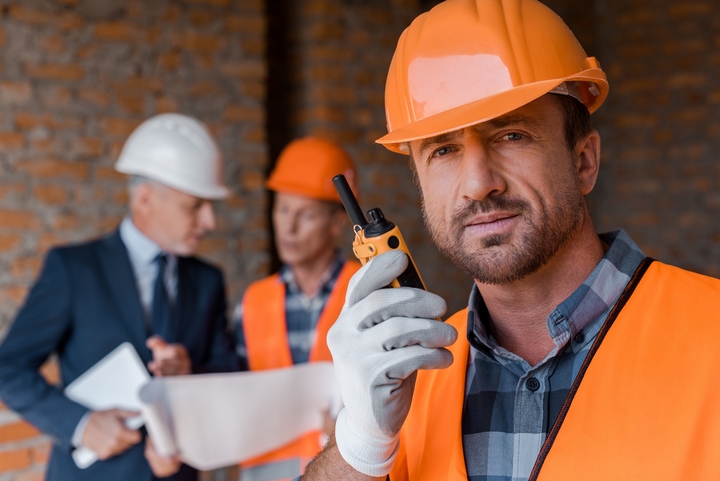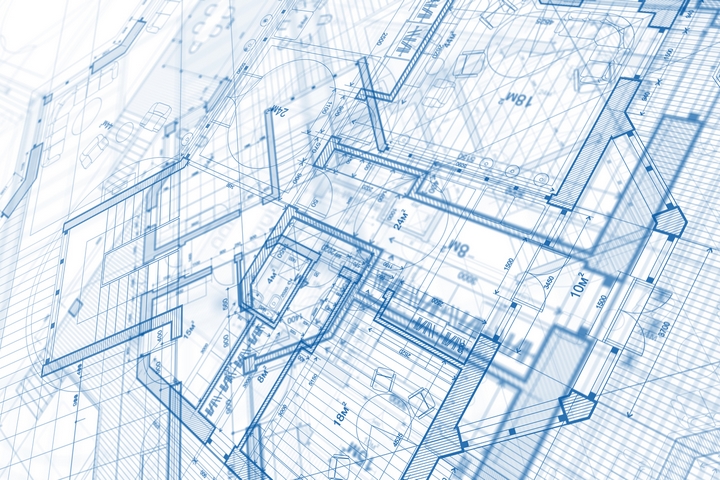Construction managers are crucial in ensuring projects finish on time and run smoothly. As modern technology becomes more common in the industry, managers need broad tech skills to tackle new challenges. Being good with technology helps them stay competitive as the field changes. By using advanced software and keeping up with the latest trends, these skills enable managers to guide their teams and achieve excellent results.
Here are the important technology skills a construction manager should have.
Project Management Skills

Good project management is crucial in construction, with technology keeping everything on track. Today’s project management tools help managers plan, schedule, and oversee tasks precisely.
These tools offer real-time tracking of tasks, resources, and deadlines, making spotting any delays or bottlenecks easier. Cloud-based platforms also make it easy for teams to work together, giving access to updates, blueprints, and reports from anywhere. By getting a handle on project management software, construction managers can ensure projects run smoothly and meet timelines and budgets.
Data Analysis Skills

Data is changing the construction industry, and managers who understand it make better decisions. By looking at job site performance and cost estimates, data analysis helps managers see patterns and solve problems quickly.
Dashboards and reporting software help organize information into valuable insights. Managers can use these tools to keep track of material usage, predict labour needs, or check project results. Learning to handle data allows construction managers to boost productivity, reduce waste, and achieve better outcomes on every project.
Software Skills

A construction manager needs to know specialized software to succeed. Tools like contractor accounting software are crucial for handling finances and making work smoother.
Contractor accounting software makes invoicing, payroll, and tracking budgets easier. It gives real-time insights into how a project’s money is doing. By automating routine tasks like billing or calculating taxes, these tools cut down on mistakes and save time.
Construction-specific design software, such as CAD programs, lets managers see and change plans accurately. Knowing how to fit these tools into daily work helps projects run more smoothly and improves communication with clients and team members.
Communication Technology Skills

Good communication is key in construction management, and technology makes staying in touch with everyone involved easier. Using mobile apps and video conferencing, managers can share updates, solve problems, and work with their teams.
These tools also help managers quickly connect with suppliers, subcontractors, and clients, reducing delays and ensuring everyone is on the same page. Features like real-time messaging and document sharing keep information flowing effortlessly, even for big teams or multiple job sites. By mastering these technologies, construction managers can keep their projects well-organized and their teams working efficiently.
Mobile Technology Skills

Mobile devices have become essential on construction sites. They give managers the power to access information and handle tasks while moving. Apps made for construction management let managers monitor progress, monitor safety, and manage resources from their smartphones or tablets.
Mobile technology also allows for instant reporting. Managers can immediately upload photos, videos, or notes from the site. This keeps teams up-to-date and helps solve issues quickly. Using mobile tools means construction managers can work smarter and stay on top of things wherever they are.
Safety Monitoring Skills

Construction managers must keep job sites safe, and technology is helping them do this. Wearable techs like smart helmets and vests monitor worker health and surroundings in real-time.
Safety software tracks rule compliance, warns managers about possible dangers, and creates reports to boost workplace safety. Drones also come in handy, giving bird’ s-eye views of sites to spot risks or check out hard-to-reach spots. Construction managers can make work safer for their teams and lower the chances of accidents.
BIM (Building Information Modeling) Skills

Building Information Modeling (BIM) is changing how construction is planned and carried out. This digital method makes detailed 3D models of projects, letting managers see and organize every step of the construction process.
BIM software helps architects, engineers, and contractors collaborate by using the same detailed plan. Managers can spot possible design issues, improve workflows, and improve project outcomes.




